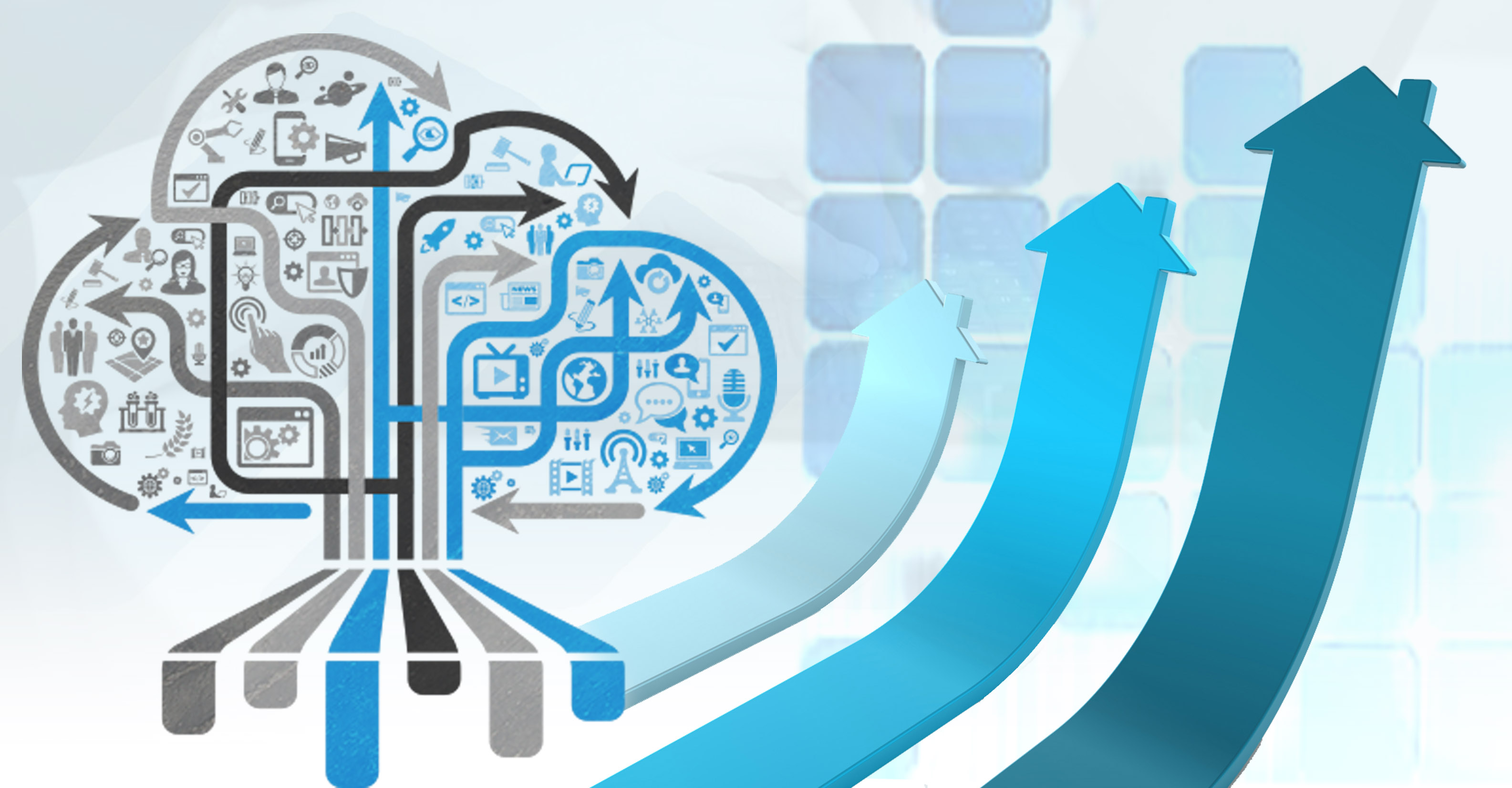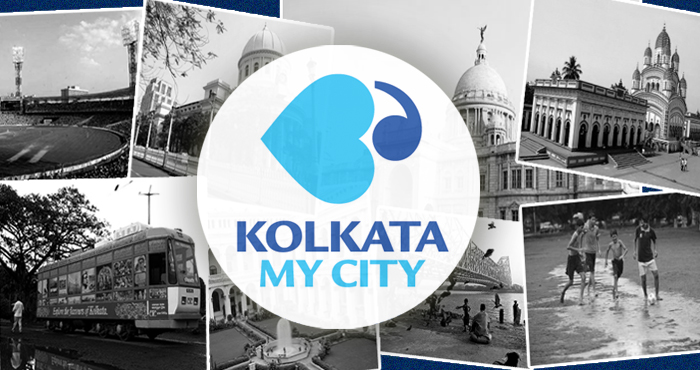Under the initiative of Chief Minister Mamata Banerjee, the State Government has embraced the use of information technology wholeheartedly. Every Bangla Government office, be they in Kolkata or the districts, is either wholly computerised or in the process of being so. The Government is also encouraging students to work on software technologies to create apps and other useful technologies.
E-governance has been made the norm. As a result, work has become faster – both for the Government offices as well as for the public being served.
All information technology-based aspects of the State Government are handled by the Information Technology & Electronics Department. Thus the department is playing a leading role in the digitisation of governance.
A report published by the McKinsey Global Institute last January had stated that Kolkata is poised to emerge as one of the top Indian cities and one of the epicentres of global financial activities by 2030. According to the report, by virtue of its relative proximity to Singapore and Hong Kong, Kolkata stands a bright chance of becoming a big IT hub.
The department is investing in the latest aspects of information technology. It has formed a core group which will interact with various stakeholders and prepare a repository of case studies of projects involving artificial intelligence (AI). Such cases will be taken up which can be adapted by various departments of the State Government.
The IT&E Department is coming up with is a Centre of Innovation. In an effort to give fresh graduates rent-free space for churning out ideas and designing innovative models, the department is setting up a Centre of Innovation at the IT park being built in Bantala, Kolkata. The blueprint for the centre has already been prepared. It will be functional from this financial year, and will have top academicians, scientists and industry members as its mentors.
The department is also encouraging software-based solutions from students, technical professionals and common citizens, particularly for the day-to-day problems of common people. For the last two years (2017 and 2018), the department has been organising Bengalathon, a competition for the development of apps for day-to-day needs.
Another sector the IT&E Department is actively promoting is fintech (short for ’financial technology’). Fintech is an emerging industry that comprises companies which use digital technology to provide financial services. These companies are involved in digital payment, automatic digital banking, share market analytics, insurance predictions and asset management.
The State Government has taken a leading role in developing fintech. A fintech hub is coming up in New Town, with plug-and-play infrastructure. Several companies have already rented space. The department came up with a stellar show at the Singapore FinTech Festival, held last November.
The department has already started working on emerging technologies like cyber security, blockchain, artificial intelligence, machine learning, animation, IoT (internet of things), Industry 4.0 (a standard), analytics, animation and e-sports. Summits are being held every month on different emerging technologies.
An important avenue of growth and safety that the State Government has identified is cyber security. It has set up a Cyber Security Centre of Excellence in order to successfully confront cyber crimes.
The cyber security centre collects, analyses and disseminates information on cyber security incidents, executes emergency measures, coordinates response, and issues guidelines, advisories and vulnerability notes. It also acts as a monitoring authority for the State, which looks at every single incident and incorporates the information for research and development.
Harnessing technology in the best possible way tops the Bangla Government’s priorities, and the above measures provide ample proof of that.



